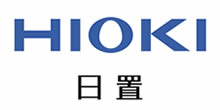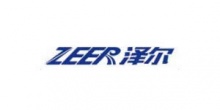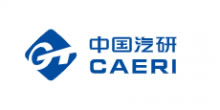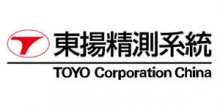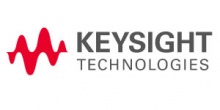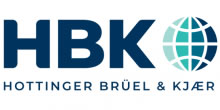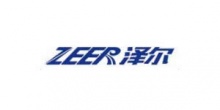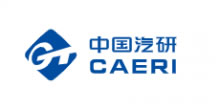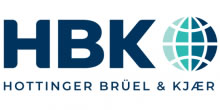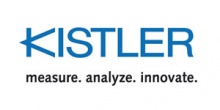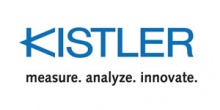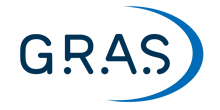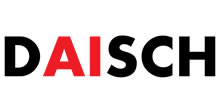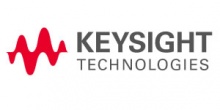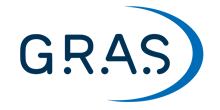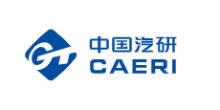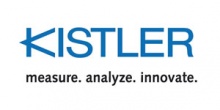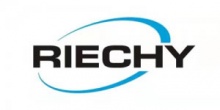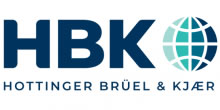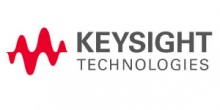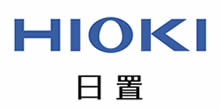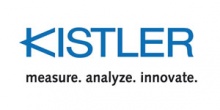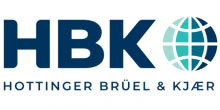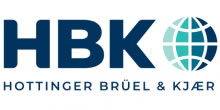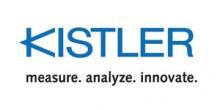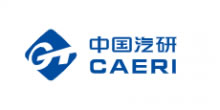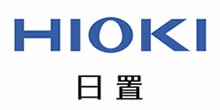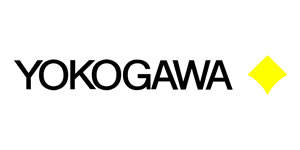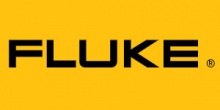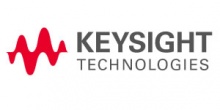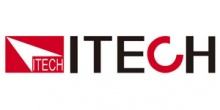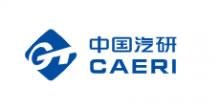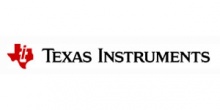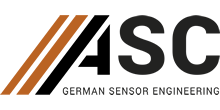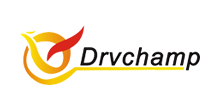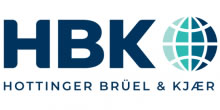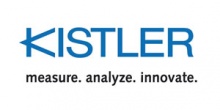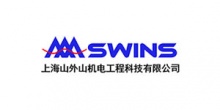Fusing GNSS and wi-fi could revolutionize intelligent vehicles
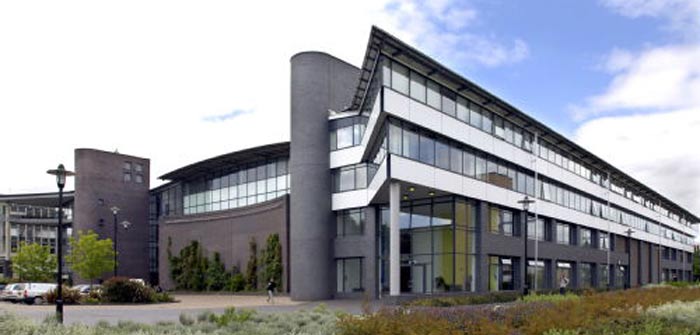
An Innovate UK project is looking into the potential for intelligent vehicles and smart devices to gain more accurate location awareness by ‘fusing’ global navigation satellite systems (GNSS) and wi-fi signals.
Led by Spirent Communications and involving WMG at the University of Warwick, the £694,000 (US$940,620) Enhanced Assured Location Simulator Leveraging Wi-fi and GNSS Sensor Fusion (ELWAG) project hopes to develop the means to test the hybrid wi-fi and GNSS location system in a cost effective, repeatable and safe environment – so that manufacturers can verify its performance.
Researchers at WMG, led by Dr Matthew Higgins, associate professor in the Intelligent Vehicles group, will play a significant role in the project. They will take physical layer measurements of both wi-fi and GNSS signals in autonomous vehicle scenarios, in and around the University of Warwick campus and on the local urban road network.
These measurements will then assist in Spirent’s development of an RF propagation model that will overlay RF effects on their wi-fi access point simulator. WMG researchers will then perform RF validation and verification activities around the developed model.
Higgins said, “The safety and functional assurance of future autonomous vehicles will be one of the many critical paths to large consumer adoption. Through this project, we will contribute toward providing innovative solutions to the challenges of using sensor fusion in this testing context.”
Dr Erik Kampert, senior research fellow at WMG, added, “This is a highly technical project, which will require a holistic understanding of the signal propagation characteristics between satellites, infrastructure and vehicles. The results will impact future autonomous testing methodologies.”
The ELWAG project will run for 18 months, and also involves Chronos Technology.
 广告
广告 编辑推荐
最新资讯
-
使用 HEADlab 测量电流
2026-01-23 17:13
-
奇石乐持续推进全球碳中和战略
2026-01-23 16:47
-
吉利汽车,新公司落户湖北!
2026-01-23 16:12
-
直播|车载光通信技术路线及测试挑战
2026-01-23 13:05
-
重磅!工信部明确新车准入须开展30000km可
2026-01-23 13:05





 广告
广告